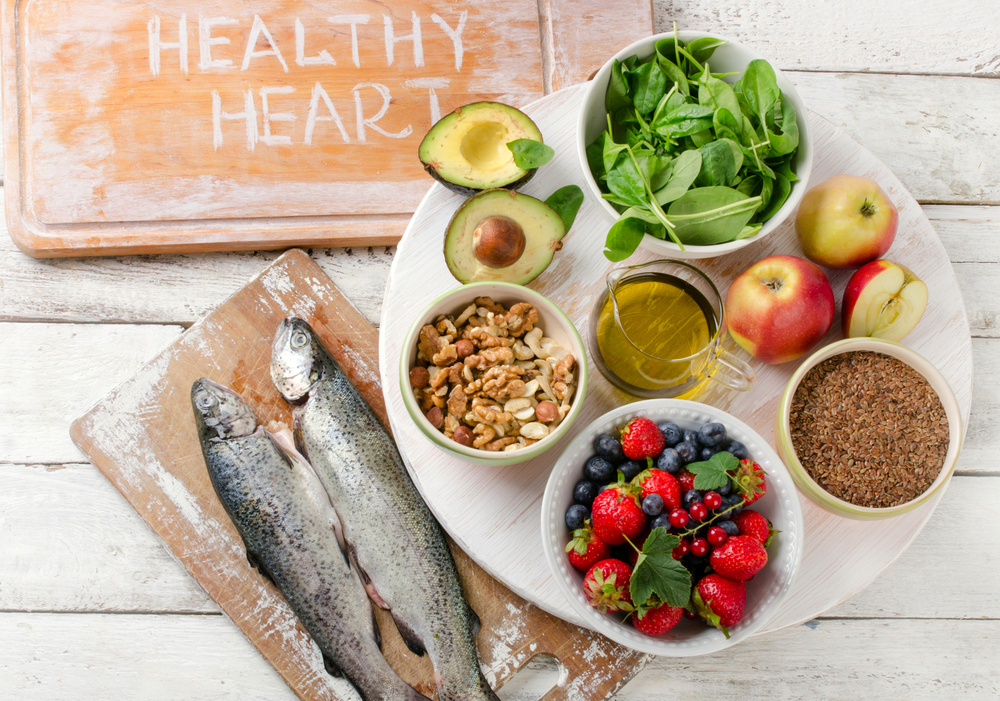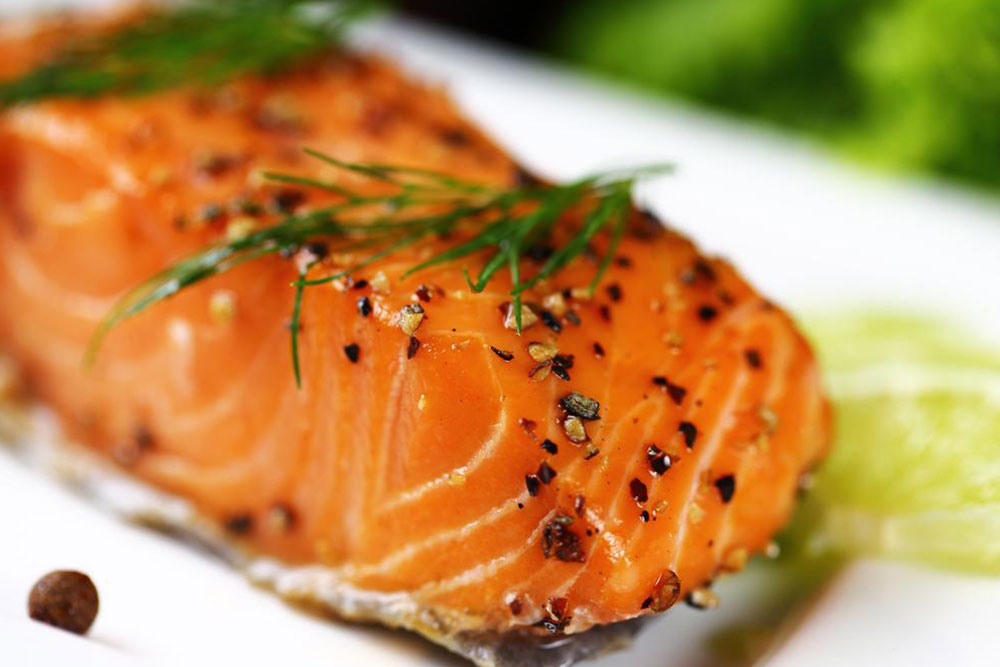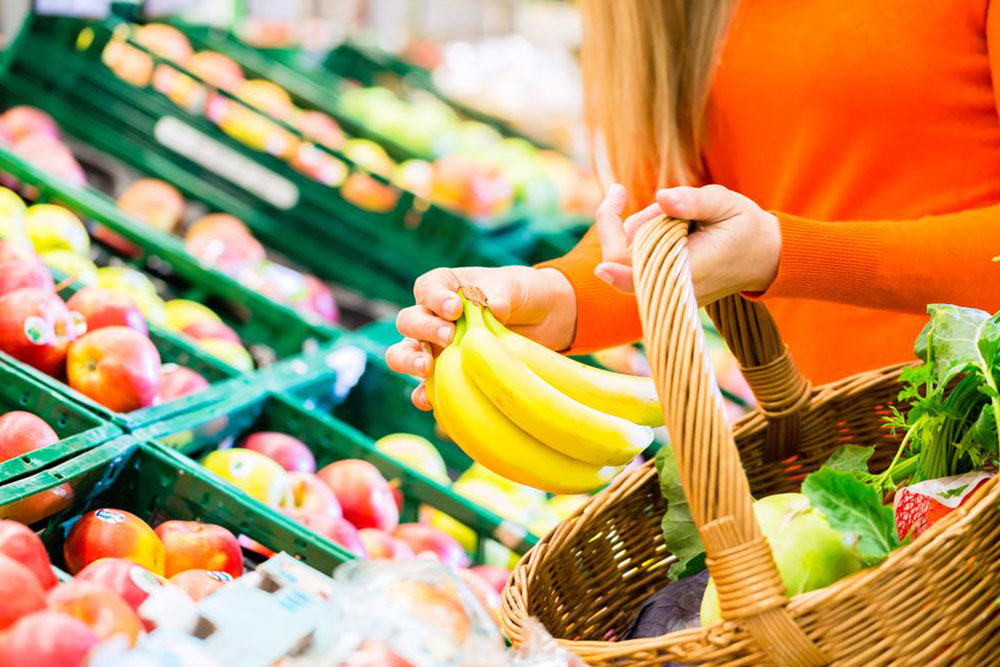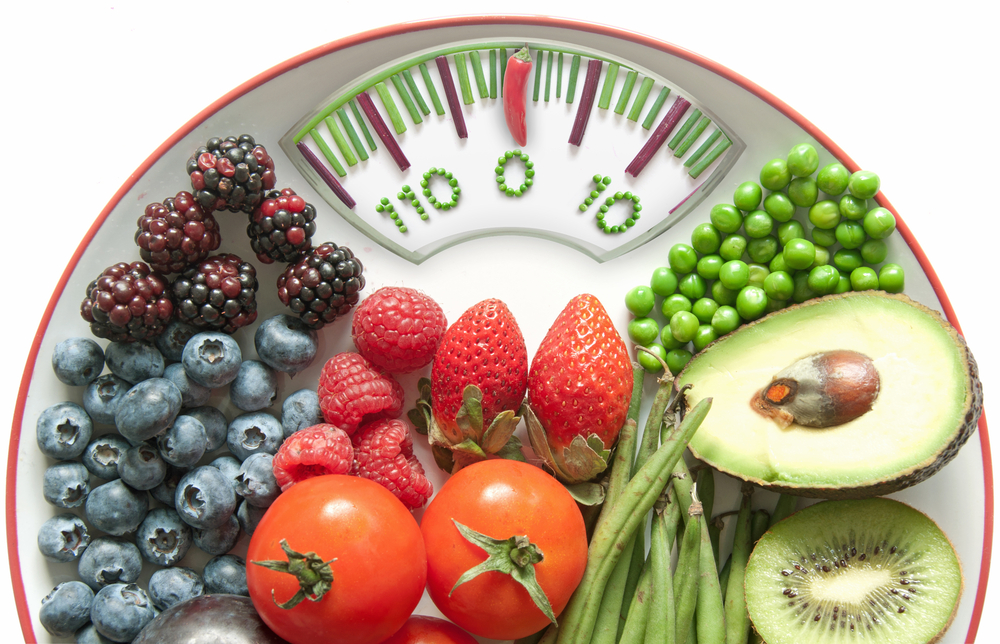Top 15 Nutrient-Dense Foods to Boost Your Protein Intake
Discover 15 nutritious, high-protein foods to enhance your diet, support weight loss, and promote optimal health. From eggs and nuts to seafood and plant-based options, this guide helps you incorporate essential proteins into your daily routine for better vitality and wellness.
Sponsored
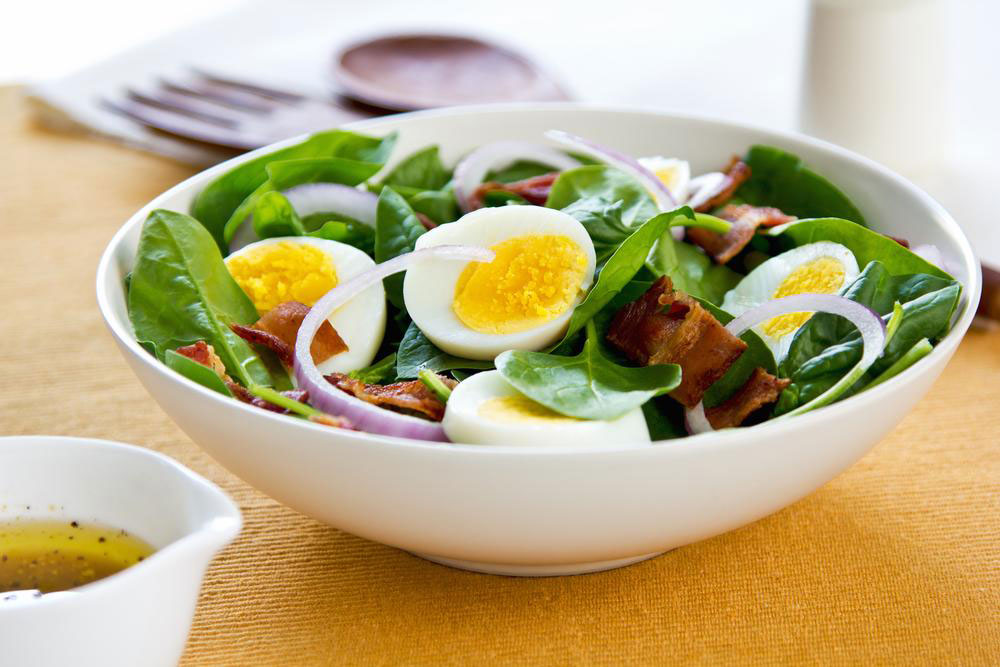
If weight management is your goal, incorporating more protein into your diet is highly beneficial. While carbs provide quick energy, they can also contribute to weight gain. Protein serves as the foundation for muscles, skin, and vital organs, supporting overall health. A high-protein diet can help lower blood pressure, regulate blood sugar, and promote well-being. The daily recommended intake is about 56 grams for men and 46 grams for women, but many health experts advocate for even higher consumption for optimal body function.
According to dietitians and fitness professionals, increasing protein intake beyond the daily average can yield numerous health benefits, including better satiety, faster tissue repair, and increased energy. A well-planned high-protein diet can aid in weight loss, improve organ health, and support skin and hair vitality. However, balance is key; overconsumption over time may lead to health issues. Consider the advantages and potential drawbacks before adopting a high-protein regimen.
Here are 15 top foods rich in protein to enhance your diet:
Eggs: Egg whites and yolks are packed with essential vitamins, minerals, healthy fats, and antioxidants, making them one of the most nutritious options.
Nuts: Almonds, pistachios, and cashews are excellent sources of plant-based protein and healthy fats.
Oats: A versatile grain high in protein, fiber, and vital nutrients that promote overall health.
Cottage Cheese: A low-fat, high-protein dairy product offering up to 27 grams per cup.
Greek Yogurt: Thick, strained yogurt loaded with nutrients; non-fat options contain nearly half of their calories from protein. Kefir is also a protein-rich alternative.
Milk: Rich in protein, calcium, phosphorus, and vitamin B2, supporting bone and muscle health.
Broccoli: Contains about 3 grams of protein per cup; low in calories and rich in bioactive compounds.
Lean Beef: Provides high-quality protein along with vitamin B12 and iron for vitality.
Tuna: A protein-rich seafood option, offering around 39 grams per cup.
Protein Supplements: Useful for busy individuals to meet their daily protein needs; choose reputable brands for safety.
Lentils: Plant-based protein source perfect for vegans and vegetarians.
Quinoa: Nutrient-dense superfood with about 8 grams of protein per cooked cup.
Pumpkin Seeds: Small but mighty, packed with proteins, minerals, and essential nutrients.
Shrimp: Low in calories and high in proteins, omega-3 fatty acids, and vitamin B12.
Peanuts: An ounce offers around 7 grams of protein, making them an excellent snack option.
Incorporating protein-rich foods into your daily diet supports body repair, boosts energy, and fosters overall health. While a higher protein intake benefits many, moderation and balance are crucial. Consult with health professionals to tailor the right diet plan for your needs.

